Employers and business owners, who wish to extract maximum profits by paying their lowest ranked and most precariously employed workers a pittance, are the people most likely to welcome the new right wing coalition government’s repealing of NZ’s Fair Pay Agreement. Unsurprisingly, given the long history of women being an exploited sex-class, there tends to be a disproportionally high percentage of women in such low paid positions.
It is surprising that transwomen have been the main focus of transactivist lobbying for their inclusion in female sports, when it is fair treatment for trans identified females (transmen), and some people with Difference/Variations of Sex Development (DSDs) that really is the difficult issue. This is glaring evidence of yet another form of sex-based inequality.
In anticipation of real men throwing real punches, trans rights activists who had called for mass protest against Let Women Speak, promptly bottled out
The World Athletics Council are to be congratulated for recently joining international organisations, like World Rugby and swimming’s Fina, in restricting competition in the international women’s athletic division to those who have not gone through male puberty. It’s not banning trans identified males from competition as some of NZ’s media has hysterically proclaimed. Transwomen can compete in the category designated for their sex, subject to further revisions of the policy. It is up to men to make transwomen welcome, safe, and accepted in their competitions.
I’m excited about the women’s Super Rugby Aupiki semi-final games on Sunday (19 March 2023), in spite of the small number of teams competing in the current competition. ed the top slot in the HSBC international rankings, winning the last 4 tournaments on the circuit. The domestic Super Rugby Aupiki competition shows a vast improvement in skills and tactics from last year.
The gender and sexuality questions in the NZ 2023 census are a bit of a muddle. Some of the definitions provided by the NZ Census and Statistics NZ departments add to the confusion. This makes it difficult, if not impossible, to answer the questions truthfully. It’s causing concern for many feminists and LGB people who understand the significance of material reality, science, and biology.
Contact Us
womensliberationaotearoa@gmail.com
Please email us with essays you’d like published or anything else you’d like to bring to our attention.
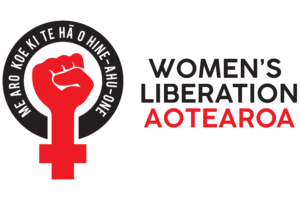


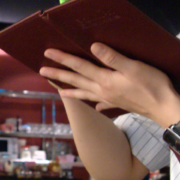 CC BY 2.0 Deed: Attribution 2.0 Generic
CC BY 2.0 Deed: Attribution 2.0 Generic 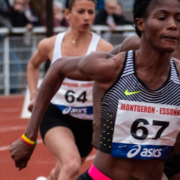

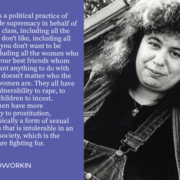
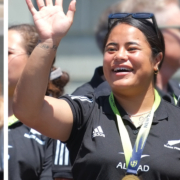
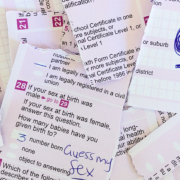
 Shutterstock
Shutterstock